Folks… I did it.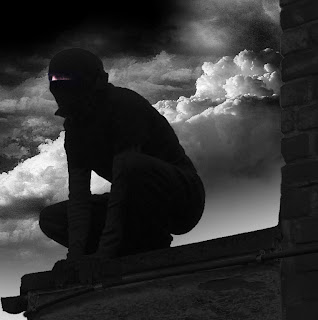
After stalking him like a sweaty ninja for an entire weekend, riding ninja-style on the roof of his taxi and hanging upside down in a ninja-rope outside his hotel window for 72 hours straight, I finally did it.
I interviewed Antonio Diaz.
World Karate Champion (WKF) in kata.
Apparently he had come all the way from Venezuela to Sweden for a “quick stop” to win our biggest kata competition of the year and also give a kick-ass seminar the day after. And being the Karate nerd that I am, I just couldn’t let this opportunity slip through my hands!
Diaz sensei’s merits include, but are not limited to:
1. Open de Paris 2011 kata male 15.01.2011
1. World Championship 2010 kata male 27.10.2010
1. Panamerican Championships seniors 2010 kata male 13.05.2010
1. USA Open 2010 kata male 02.04.2010
1. Open de Paris 2010 kata male 16.01.2010
1. Austrian Open 2009 kata male 24.10.2009
3. World Games 2009 kata male 25.07.2009
1. Panamerican Championships seniors 2009 kata male 28.05.2009
1. USA Open 2009 kata male 11.04.2009
2. World Championship 2008 kata male 13.11.2008
1. Panamerican Championships seniors 2008 kata male 25.05.2008
2. Italian Open 2008 kata male 04.04.2008
1. USA Open 2008 kata male 22.03.2008
1. Austrian Open 2007 kata male 06.10.2007
3. German Open 2007 kata male 15.09.2007
2. Italian Open 2007 kata male 31.03.2007
3. World Championship 2006 kata male 12.10.2006
3. German Open 2006 kata male 23.09.2006
1. University World Championship 2006 kata male 06.08.2006
1. Italian Open 2006 kata male 25.03.2006
2. French Open 2006 kata male 14.01.2006
1. World Games 2005 kata male 23.07.2005
3. Italian Open 2005 kata male 09.04.2005
1. Dutch Open 2005 kata male 12.03.2005
3. World Championship 2004 kata male 18.11.2004
3. World Championship 2002 kata male 21.11.2002
3. World Games 2001 kata male 18.08.2001
Okay, enough with the bragging. I’ll keep it simple.
Chatting in his hotel lobby in the middle of Stockholm City, overlooking the beautiful view of Stockholm’s snow-clad harbor, here’s the first ten minutes of a 50 minute (!) conversation we had earlier today. Present today was also Rika Usami, Japanese wonder woman of Karate, who mostly did other (non-English demanding) stuff during this interview.
Anyways, enjoy!
The rest coming later this week (along with a dozen videos of Antonio Diaz himself, and Rika Usami too)
Location: Scandic Sjöfartshotellet, Katarinavägen 26, Stockholm
Date: 20th of March, 2011
Time: Approximately 3:29 PM
Weather: Sunny, but some snow.
Hot girls: Yes, plenty.
Diaz is drinking Vitamin Water, or something similar. He is in a Venezuelan track suit, sitting on some modern arty-fartsy pillow/chair. Looked comfortable enough. I took the sofa anyway. Ha!
Jesse: Okay, first of all; When were you born, and where?
Diaz: “In Caracas, in 1980, June 12th. So I’m 30 years. Almost 31!”
J: Oh, you’re getting a bit old then!
D:” Yes! [laughs]”
J: So, at what age did you start practicing Karate?
D: “At 5 years old. Well, officially at like 5 years old, but before that my father used to train Karate sometimes, when he’d get home after work sometimes, and I was little, so you know I started looking at him, and copy him. So he started teaching me like how to punch and things like that. And then he put me in a dojo. But he [the sensei of the dojo] did Shotokan. So my first style was actually Shotokan. But I stayed there only 5 months, because then the teacher moved. So then my friends were in a different dojo, and that dojo was Shito-ryu, but [laughing] I almost went Shotokan!”
J: Imagine that! Your next style was Inoue-ha Shito-ryu [Diaz’s current style]?
D: “No, I started in Shitokai… with a Japanese sensei in Venezuela. He was like the first Japanese [sensei] to go there. His name was Shoko Sato, from Shitokai. That’s when I started “officially”, because my time in Shotokan was… well, you know I was only 5 years, and it was only 5 months practise, so… It doesn’t really count.”
J: So why did you continue practicing? Because of your father?
D: “No, or well, yeah, but also because I liked it. I had many friends there.”
J: You never did soccer or football or any other sport, and then changed to Karate like many kids do today?
D: “Yeah, well, I know what you mean, but it was because of my family. My father did Karate and also my mother. They both did Karate and it was in the family.”
J: I see. Did you start competing from the beginning?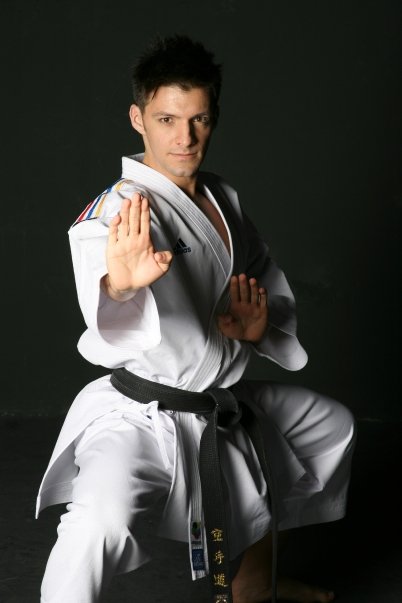
D: “No, no. Maybe when I was 9 years old, something like that. Umm… at the beginning it was only regular training.”
J: So how did your first competitions go?
D: “Well, I was not so good!”
J: What? You haven’t always been winning?
D: “No… no, no. I was not that athletic when I was young, I was a little bit chubby [pinches his stomach], and you know, I don’t think I was bad or anything but I was not like these kids you know…”
J: …not a natural athlete?
D: “Exactly, not like today when you see these kids like “Wow, this kid is really good” and they’re like 5 years old and perfect. No, no, I was not like that! So… so even my mother she used to say, you know, sometimes when we went to a tournament and I got bad results, she said to my father “I think he’s not going to be good at this!” [laughing].”
J: LOL!
D: “But I think the key thing was; I enjoyed going to the dojo, the atmosphere, the friends and everything, training there. Every day, you know, I was constantly training. Then the Japanese sensei moved, so I started training under a Venezuelan sensei who made his own dojo. He was a student under the Japanese sensei. And he introduced me more to competition. He thought that “Hey, maybe this kid has something, so let’s work with it!”. So eventually I started making third place, second place. But when I was 13 years old I had the chance to go to the Pan American Championships, for young, and I went in kumite. And I won! But then I started winning more in kata.”
J: So initially you competed in kumite also?
D: “Yes, yes. In the beginning. Until I was like 17 or something.”
J: Okay, interesting! But now? You only compete in kata, but do you ever practice kumite too?
D: “Yeah, well, sometimes for fun. I like it, I like to watch kumite and I have many friends in the national team that are involved in kumite, and we are also very good friends outside of Karate. So sometimes when we’re training I can have some fun with them. But they know they cannot be doing any dangerous things with me – in case of an injury or something.”
J: I see. So you do mainly kihon and kata, not that much kumite. Over to my next question: Many people tend to like only “Sport Karate” or only “Traditional Karate”. And more often than not these two camps don’t like each other. So, my question to you is, what do you think about this?
D: “Yeah [laughing]! I think, I think… [silence]… I don’t like that war between competition Karate and traditional Karate, no. I think, sometimes you see athletes that are only doing Karate for competition, or only doing kumite to learn how to fight. I don’t like doing that too much. For me, I like to everyday learn also about the tradition, the history, and philosophy of Karate. But also, those people who are very traditional often say “Naah, competition is bad!” but I think competition has done some good things for Karate. Like, making it known throughout the world! Maybe if it wasn’t for competition Karate, some of the traditionalists wouldn’t even be practicing Karate to begin with. So, even though many criticize competition Karate, I think it’s not that bad! But of course you see some changes. You know, maybe you’re not going to see a Karate performed in a competition like this [demonstrates Goju-ryu’s Suparimpei with a more traditional approach to the four double gedan barai/shiko dachi sequences], you know? Very traditional, so they criticize sport Karate, saying “You changed that for looks!” but I think if you keep the good points from the essence of the tradition you can take the best from both. Because you know, the sports have some good things like science, that you can use also.”
J: With that being said, do you think more people should be competing? Are people judging something they don’t really understand?
D: “Well, I think people should be competing only if they like it. But maybe some people should try it, to see how it goes. I think it’s good for creating goals with training, like “Now I need to get better in this point”, or you know, just to feel the challenge, the competition feeling. But I think the main point is you need to enjoy it. If you think you need to do it, then do it.”
J: So you always enjoy it?
D: “Yes. Or well… there was this one time, when I felt the pressure was too big. At one point, after I won third place in Madrid, first time, World Championships 2002. That time was really great for me! I was really close in the semi-final and I was thinking that I could get some medal. But next time, in 2004, I met Valdesi in two competitions so I beat him, I think, three times before the Mexico World Championships. So the third championship was in America, I had already beaten him and he was like the “main attraction”, and everybody was like “Oh my god, this is it, now you’re going to win!”. So I didn’t enjoy that competition. That World Championship I had too much weight on my shoulders, too much pressure, and I didn’t know how to manage that! So I think that’s one of the competitions I haven’t enjoyed. I was too pressured, you know? I was like “I have to do it, I have to do it! It’s time, it’s time!”. I think I was thinking too much on that. So that’s one of the times when I haven’t enjoyed a competition so much. But afterwards, after I lost in the third round, I had to do repechage. And in the two rounds for repechage it was a totally different feeling! So I was like free, and also a little bit angry with myself. But I used that to my advantage.”
To be very much continued!
Only 40 minutes left to transcribe… cowabunga!
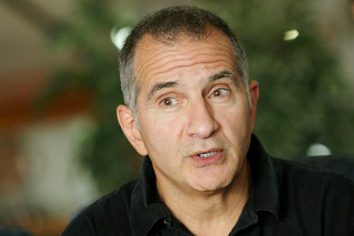
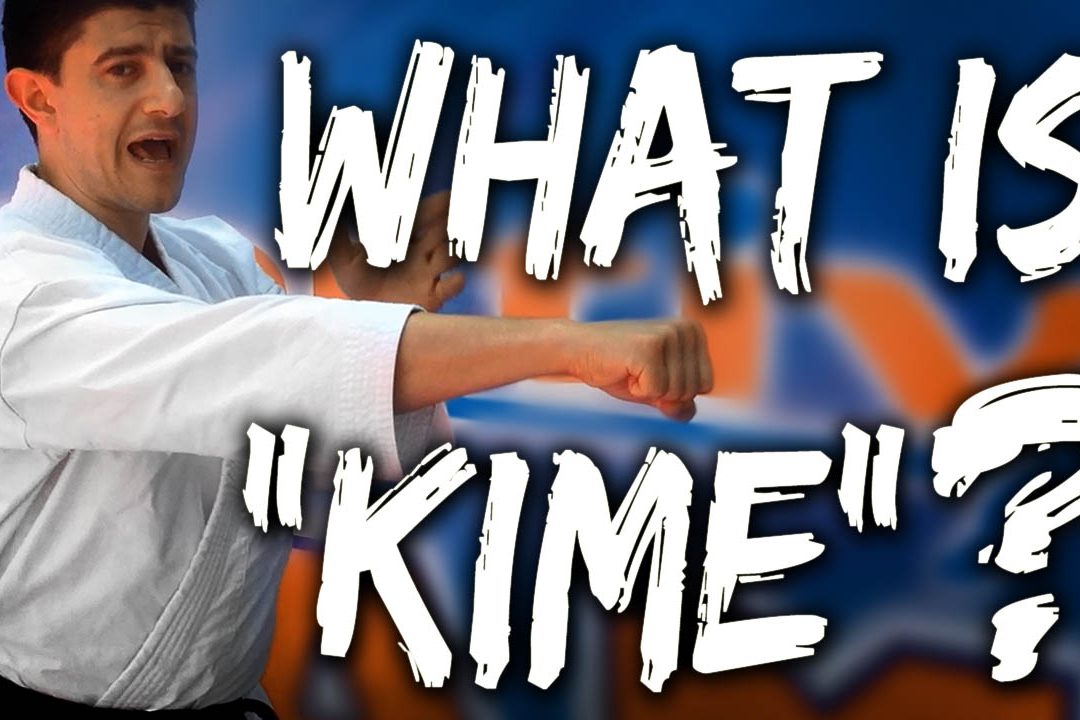
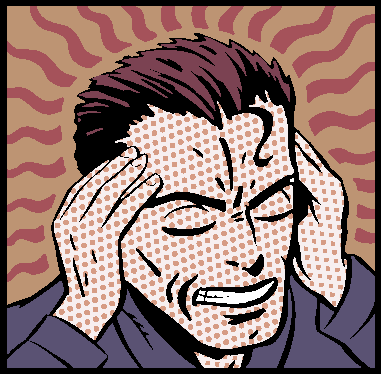
4 Comments